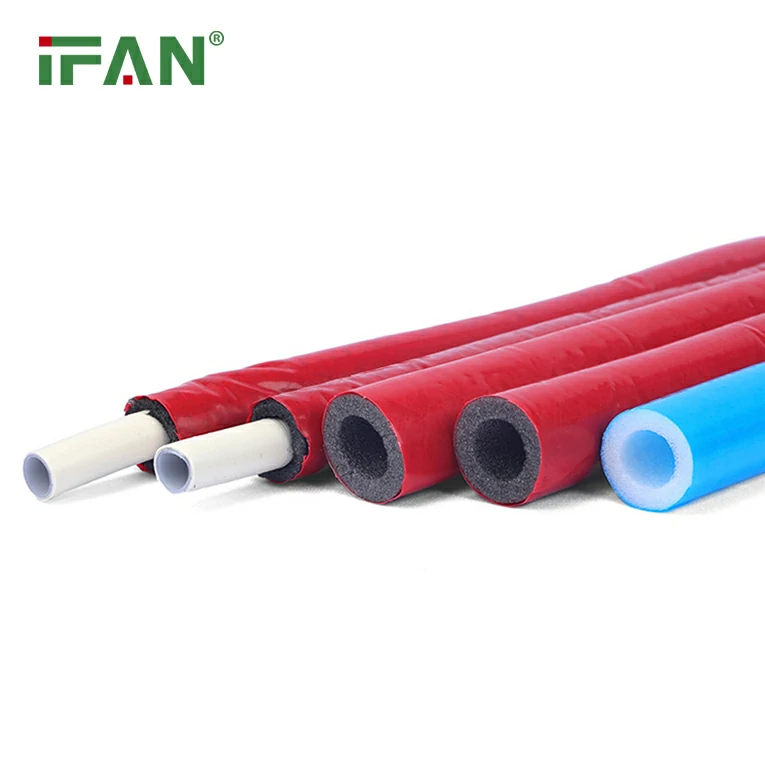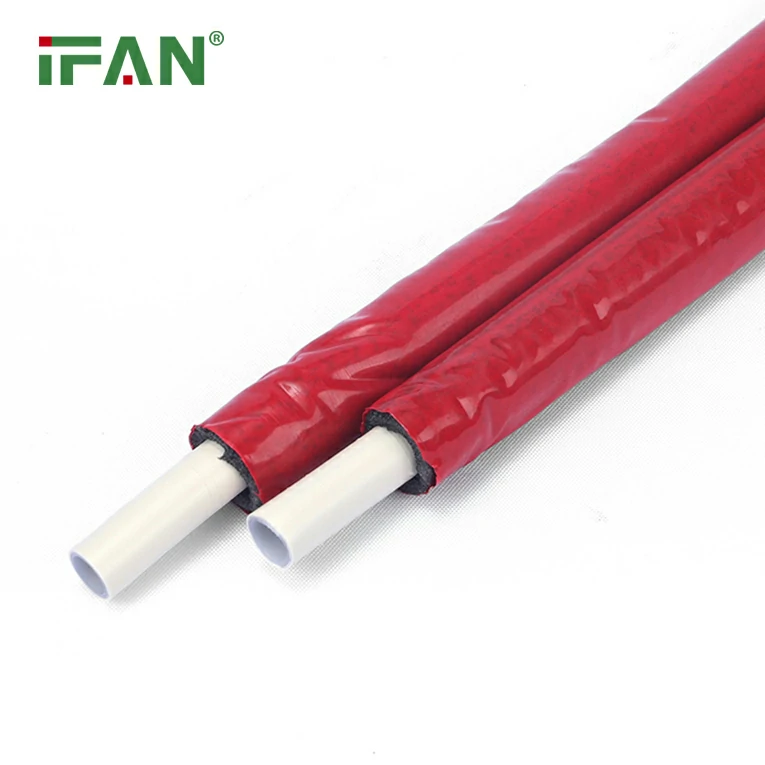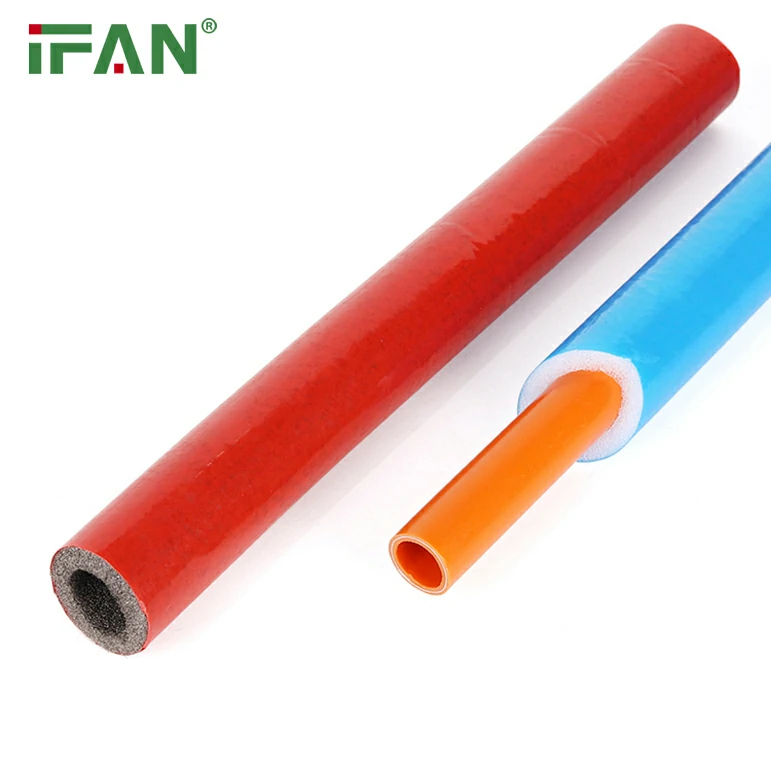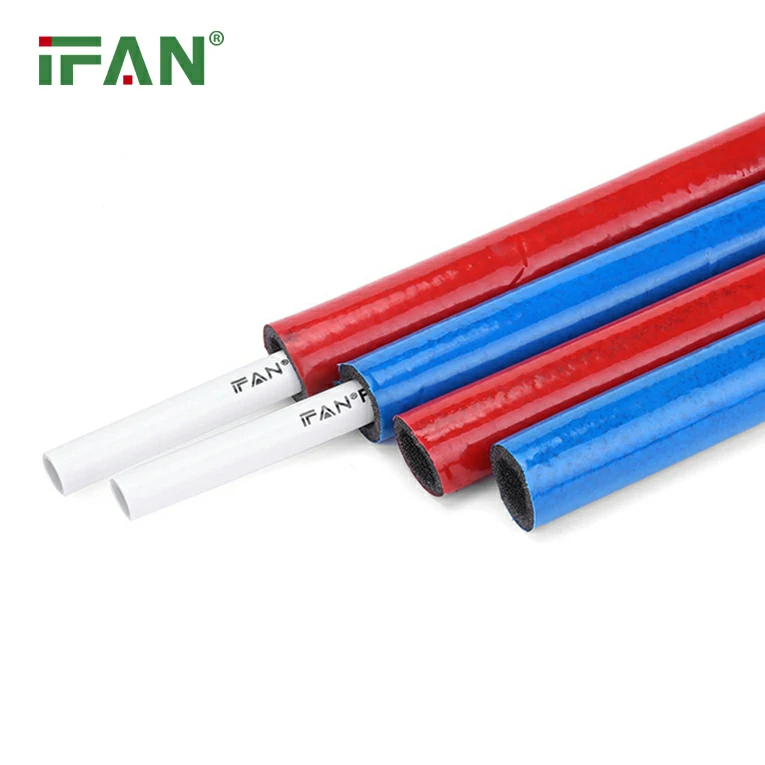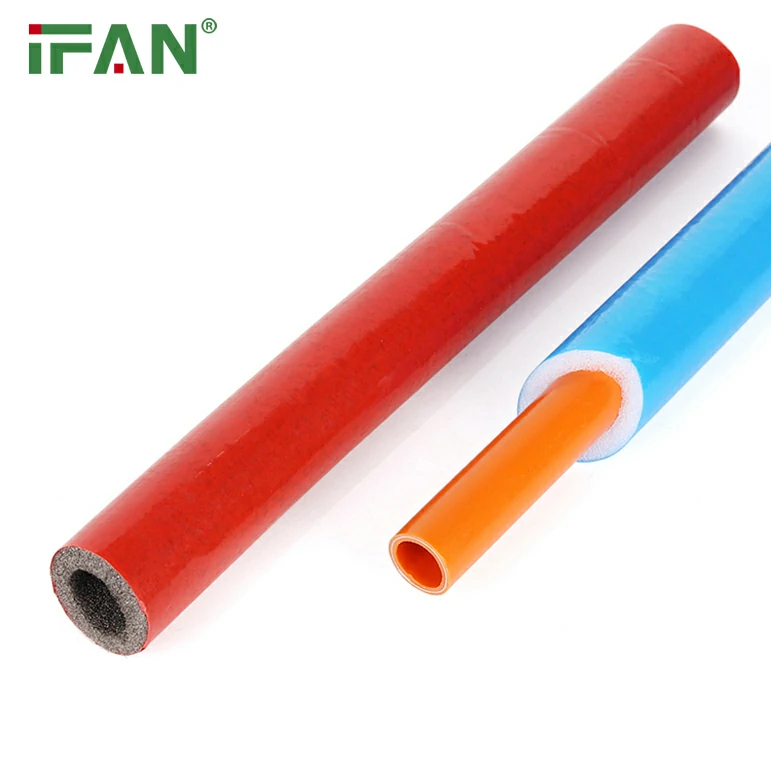Introduction
The construction and plumbing industries are ever-evolving, with new technologies and materials being introduced to improve efficiency, safety, and sustainability. One such material that has gained significant attention is Polypropylene Random Copolymer (PPR) pipe. At the recent Building Expo, Global Hardware showcased its innovative PPR pipe solutions, attracting considerable interest from industry professionals and consumers alike. This article explores the features and benefits of PPR pipes, highlights Global Hardware’s contributions to the market, and discusses the implications of their presence at the Building Expo.
Understanding PPR Pipes
What Are PPR Pipes?
PPR pipes are made from Polypropylene Random Copolymer, a thermoplastic polymer known for its excellent mechanical properties and versatility. These pipes are designed to handle a variety of applications, including hot and cold water supply, heating systems, and industrial processes.
Key Features of PPR Pipes
- High Temperature and Pressure Resistance: PPR pipes can withstand temperatures up to 95°C (203°F) and pressures of up to 20 bars (approximately 290 psi), making them suitable for a wide range of applications.
- Corrosion Resistance: Unlike traditional metal pipes, PPR pipes do not corrode or rust, ensuring that the water transported remains clean and safe for consumption.
- Non-Toxic: PPR pipes are free from harmful chemicals and toxins, making them a safe choice for potable water applications.
- Lightweight and Easy to Handle: The lightweight nature of PPR pipes simplifies transportation and installation, which is particularly beneficial for large-scale projects.
- Low Maintenance: PPR pipes require minimal maintenance, reducing long-term costs associated with plumbing systems.
Global Hardware’s Role in the PPR Pipe Market
Company Overview
Global Hardware is a leading supplier of construction and plumbing materials, recognized for its commitment to quality and innovation. The company has a diverse product range that includes various types of piping systems, with a strong emphasis on PPR pipe solutions. Their participation in the Building Expo underscores their dedication to showcasing cutting-edge technologies and materials that meet the demands of modern construction.
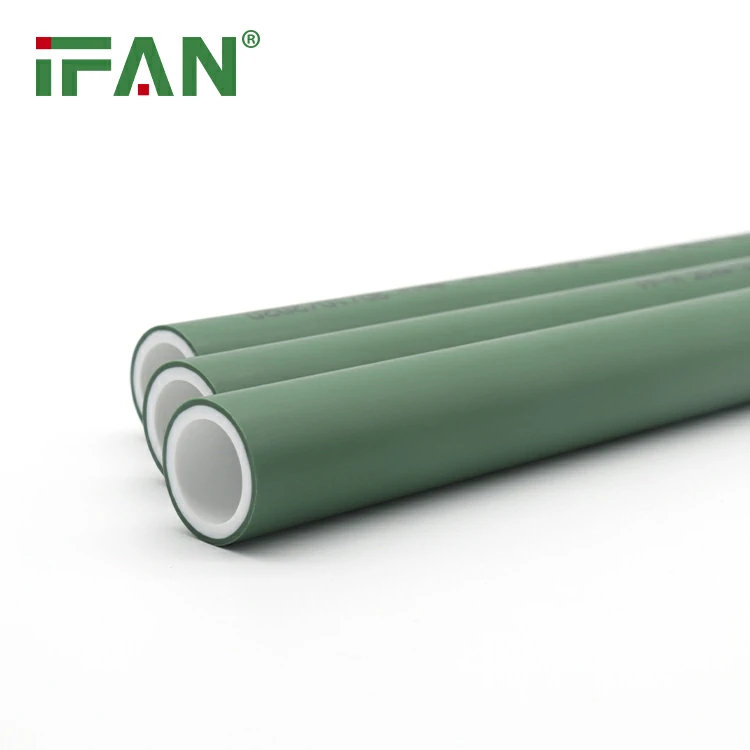
Highlights from the Building Expo
At the recent Building Expo, Global Hardware presented its latest PPR pipe offerings, drawing attention from industry professionals, contractors, and builders. The company’s booth featured live demonstrations of PPR pipe installation, showcasing the ease and efficiency of working with this innovative material. Attendees were able to see firsthand the benefits of PPR pipes, including their lightweight design and quick installation process.
Innovative Solutions
Global Hardware introduced several new products within their PPR pipe range at the expo, including:
- Color-Coded PPR Pipes: To facilitate easy identification during installation, Global Hardware’s PPR pipes are color-coded according to their intended use, such as hot or cold water supply.
- Advanced Fittings and Accessories: The company showcased a variety of fittings and accessories designed specifically for PPR pipes, ensuring seamless connections and enhanced performance.
- Eco-Friendly Options: Global Hardware is committed to sustainability, and their PPR pipes are recyclable, contributing to reduced waste in construction projects.
Benefits of Choosing PPR Pipes
Enhanced Performance and Reliability
PPR pipes provide enhanced performance due to their ability to withstand high temperatures and pressures. This makes them suitable for various applications, including hot water supply lines, heating systems, and irrigation. The fusion process used in PPR pipe installation creates strong, leak-proof joints that ensure the integrity of the entire system.
Cost-Effectiveness
While the initial investment in PPR pipes may be higher than traditional materials, the long-term savings associated with reduced maintenance and increased durability make them a cost-effective choice. PPR pipes have a long lifespan and require minimal maintenance, leading to overall savings in plumbing projects.
Health and Safety
PPR pipes are non-toxic and free from harmful chemicals, ensuring that the water transported remains safe for consumption. This is particularly important in residential applications where clean drinking water is essential.
Versatile Applications
PPR pipes can be used in various applications, including:
- Residential Plumbing: Ideal for hot and cold water supply lines in homes, providing a safe and durable solution for residential plumbing needs.
- Commercial Plumbing: Suitable for water supply, heating systems, and irrigation in commercial settings, offering reliable performance in demanding environments.
- Industrial Applications: PPR pipes are also used in industrial processes, where their chemical resistance and durability are critical.
- HVAC Systems: PPR pipes can be utilized in heating, ventilation, and air conditioning systems, ensuring efficient and safe transport of fluids.
Environmental Sustainability
Global Hardware’s commitment to sustainability is reflected in their PPR pipes, which are designed with the environment in mind. The recyclability of PPR pipes reduces waste and contributes to a more sustainable future. Additionally, the manufacturing process of PPR pipes generates fewer emissions compared to traditional materials.
Installation and Maintenance of PPR Pipes
Installation Process
Installing PPR pipes involves several key steps:
- Planning and Design: Before installation, it is essential to plan the layout of the piping system, including determining the length of the pipe needed and the location of fittings.
- Cutting and Joining: PPR pipes can be easily cut to the desired length using a pipe cutter. Heat fusion is commonly used for joining pipes, ensuring a secure, leak-proof connection.
- Testing the System: After installation, it is crucial to test the system for leaks and ensure that it can handle the required pressure. This step is vital to ensure the longevity and reliability of the water supply system.
Maintenance Requirements
PPR pipes require minimal maintenance due to their corrosion resistance and durability. Regular inspections are recommended to ensure the system remains leak-free and efficient. This low maintenance requirement is particularly advantageous for residential and commercial applications where resources may be limited.
The Future of PPR Pipes in Construction
Market Trends
The demand for PPR pipes is expected to continue growing as more contractors and builders recognize the benefits of this innovative material. As sustainability becomes a priority in construction, the eco-friendly nature of PPR pipes positions them as a preferred choice for new projects.
Global Hardware’s Commitment
Global Hardware is dedicated to staying at the forefront of the PPR pipe market by continually innovating and expanding its product offerings. Their participation in industry events like the Building Expo highlights their commitment to educating consumers and industry professionals about the advantages of PPR pipes.
Conclusion
Global Hardware’s presence at the Building Expo emphasized the growing importance of PPR pipes in the construction and plumbing industries. With their numerous advantages, including durability, safety, and cost-effectiveness, PPR pipes are poised to become a preferred choice for both residential and commercial applications. As the demand for reliable and eco-friendly plumbing solutions continues to grow, Global Hardware is well-positioned to meet the needs of contractors and builders with its innovative PPR pipe offerings.
Frequently Asked Questions (FAQs)
1. What are PPR pipes used for?
PPR pipes are used for a variety of applications, including hot and cold water supply, heating systems, irrigation, and industrial processes.
2. How do PPR pipes compare to traditional piping materials?
PPR pipes offer several advantages over traditional materials, including corrosion resistance, lower maintenance costs, and a lightweight design that simplifies installation.
3. Are PPR pipes safe for drinking water?
Yes, PPR pipes are non-toxic and free from harmful chemicals, making them a safe choice for transporting drinking water.
4. What is the installation process for PPR pipes?
The installation process involves planning the layout, cutting the pipes to the desired length, joining them using heat fusion, and testing the system for leaks.
5. Do PPR pipes require maintenance?
PPR pipes require minimal maintenance due to their durability and corrosion resistance. Regular inspections are recommended to ensure the system remains efficient and leak-free.

